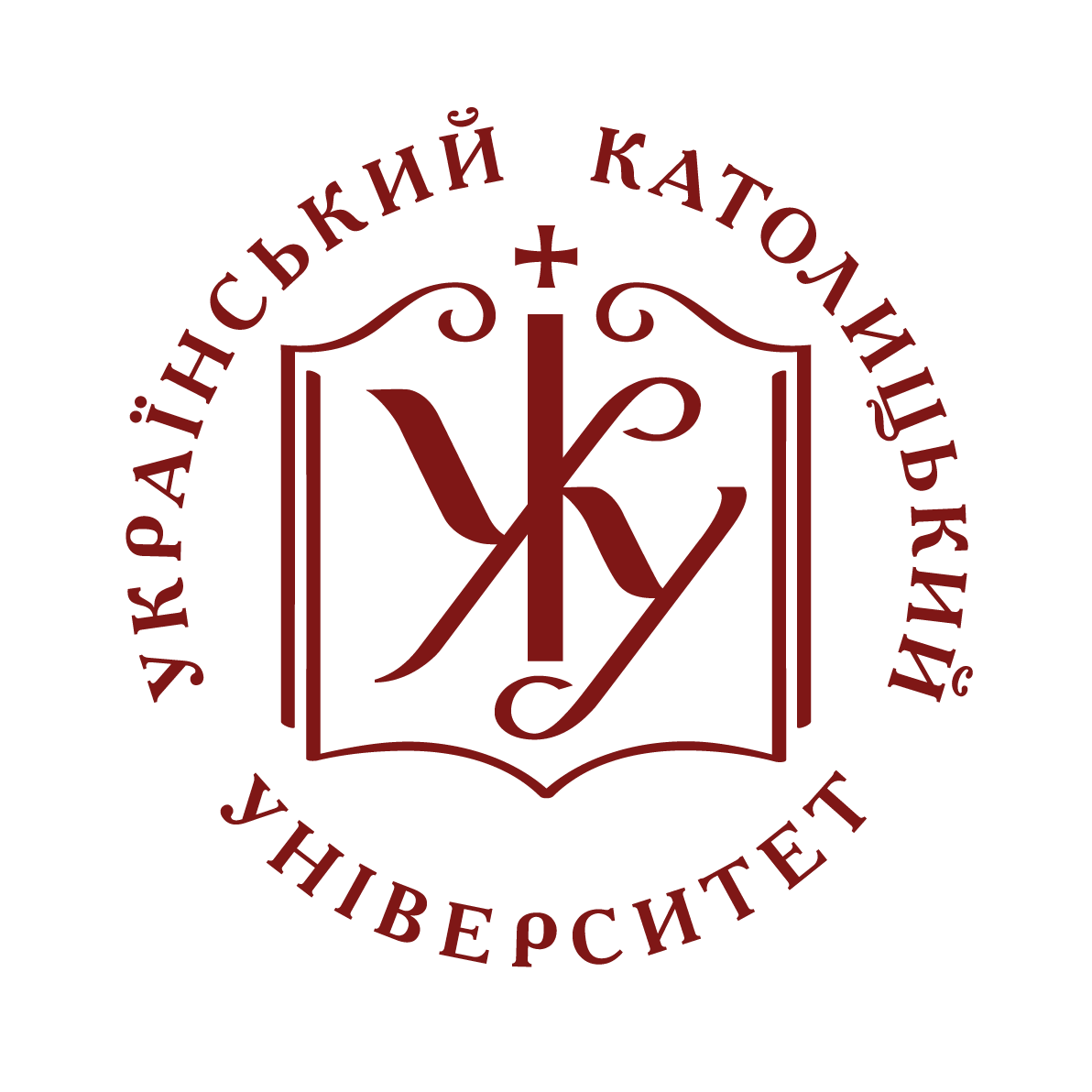- Домівка
- →
- Graduate School | Докторська школа
- →
- Дисертації та автореферати, частини
- →
- Перегляд матеріалів
Сценарії JavaScript вимкнено для Вашого браузера. Деякі функції цього сайту не будуть працювати без них.
Показати скорочений опис матеріалу
| dc.contributor.author | Альмес, Іван
|
|
| dc.date.accessioned | 2018-10-10T12:43:52Z | |
| dc.date.available | 2018-10-10T12:43:52Z | |
| dc.date.issued | 2018 | |
| dc.identifier.citation | Альмес І. Книгозбірні у соціокультурному просторі чернечих спільнот Львівської єпархії XVII-XVIII ст.: дис. канд. істор. наук. / Іван Альмес // Львів, 2018. - 318 с. | uk |
| dc.identifier.uri | http://er.ucu.edu.ua/handle/1/1276 | |
| dc.language.iso | uk | uk |
| dc.rights | CC0 1.0 Universal | * |
| dc.rights.uri | http://creativecommons.org/publicdomain/zero/1.0/ | * |
| dc.subject | Research Subject Categories::HUMANITIES and RELIGION | uk |
| dc.subject | Львівська єпархія | uk |
| dc.subject | монастирська бібліотека | uk |
| dc.subject | чернечі спільноти | uk |
| dc.title | Книгозбірні у соціокультурному просторі чернечих спільнот Львівської єпархії XVII-XVIII ст. | uk |
| dc.title.alternative | Libraries in Social and Cultural Life of Monks of the Lviv Eparchy in the 17th and 18th Centuries | uk |
| dc.type | Thesis | uk |
| dc.status | Опублікований і розповсюджений раніше | uk |
| dc.subject.udc | 94:[021:271.4-778-773](477.83)"16/17" | |
| dc.description.abstracten | The research concentrates on the cultural history of the Orthodox and Uniate monastery libraries of the Lviv Eparchy in the 17th and 18th centuries. The libraries were investigated applying interdisciplinary research methods within the concepts of the Ukrainian religious culture of the early modern time. Different sources, which are preserved mainly in contemporary Lviv, Kyiv and Ternopil State Archives and libraries, were studied thoroughly. The collections of Polish and Austrian scientific institutions in were also included in the study. History of monasteries of the Lviv Eparchy is represented with a special emphasis on spiritual, cultural and educational activities of monks. Outlining this background contributes to a comprehensive historical analysis of libraries within the monastic life, which makes it possible to provide conclusions on suggested ways of collecting books and systematizing them within libraries. A comprehensive quantitative analysis of the libraries was set as one of the research tasks. It was found that due to the local circumstances Orthodox and Uniate (Basilian) monastery libraries of the Lviv Eparchy were smaller than Catholic in Lviv or Orthodox ones in Kyiv and Moscow. These local circumstances comprised a lower educational level of monks, scarce means, not numerous monastic communities and a dense network of monasteries in the Lviv Eparchy. Another major task of the dissertation was to reconstruct, describe and analyze the book repertoire in the monasteries. It was suggested to represent the book repertoire by two “reading canons” constructed according to the confessional affiliation: Lectio Orthodoxorum and Lectio Basilianorum. Lectio Orthodoxorum is represented, apart from liturgical books, by a topical “triad” of patristic, hagiographic and preaching literature. Secular literature and especially Ancient literature as well as books in Latin, which were considered fundamental for a Western-oriented humanistic educational system, were poorly represented or almost absent in the monasteries under study. Lectio Basilianorum consisted of the same literature as in Catholic monasteries of the Polish-Lithuanian Commonwealth: the Bible and commentaries to it, treatises of the Fathers of the Church, various homiletic writings, as well as moral theology and meditative literature. Study of theological educational literature of monks reveals that scholastic discourse still dominated in the monasteries. Basilians read books written by Jesuits, Dominicans, Franciscans and also Protestant authors. They were aware of basic post-tridentine theological literature as well as ancient and humanistic treatises. However, the research did not reveal any influences of the Enlightenment on the monasteries, which is common for religious culture of the Kyivan Metropolitanate. The study concludes that “reading canon” and reading practices of the Basilians represent polymorphism of the Ukrainian early modern culture, which is revealed in disposition to absorb and synthesize external influences, and simultaneously react to the threat of disintegration. The dissertation also verifies thesis that texts formed Uniate identity known as Slavia Unita. Book culture was the approved way to construct cultural and religious systems. It was previously shown that common liturgical books provide unification of the Uniate rite (especially by the Missal published in Univ and Pochaiv printing houses). Besides liturgical books, Uniate identity was also determined by the hagiography and partly by the moral theologies. It should be emphasized that this research observes intensive and widespread confessionalization within Basilian monasteries of the Lviv Eparchy only from 1760s. | uk |
Долучені файли
Наступні файли містять ліцензії, пов’язані з цим матеріалом:
Даний матеріал зустрічається у наступних зібраннях
-
Дисертації та автореферати, частини [5]
Dissertations and Theses



